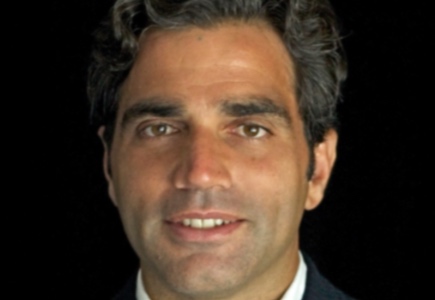By Joseph Luzzi, PhD
We are not all “managers,” in that we do not all have people reporting to us or working for us. But we can all be leaders, whether that be in taking charge of a project, assuming responsibility of a difficult situation, or providing guidance to those with whom we come into contact each day. And whether you are the president of the United States, the CEO of a Fortune 500 company, the founder of a garage startup, or an employee of a local business or major conglomerate, these are the four books that I believe should be the heart of your “essential library.”
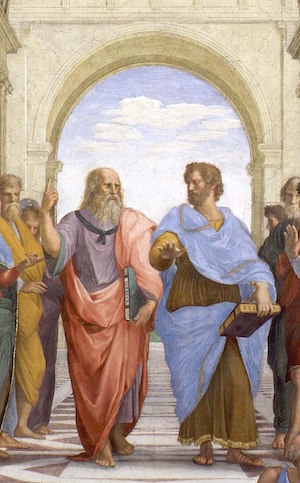
What are your core principles? How can you develop a guiding set of ethics that no external threat, no promise of money or power, can corrupt? These are some of the questions that Plato’s Apology answers, as it describes how the legendary philosopher Socrates faced down — and in a metaphysical sense, even defeated — his accusers at the trial that would result in his death sentence. By studying Socrates’s unflinching courage and razor-sharp elucidation of the principles by which he lived, and would die, business leaders can learn how to craft a carefully considered code of ethics that is the ultimate source for what Socrates called the “good life” — and what we can call the good company or corporation, built according to an inspiring mission and narrative that hold together its members in common cause.
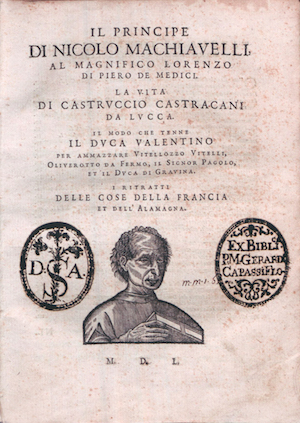
2. Niccolò Machiavelli, The Prince (written 1513, pub. 1532)
Is it better to be feared or loved? Is it more advantageous actually to be powerful, or just to seem it? These are just a few of the crucial psychological issues that Machiavelli’s Renaissance manual on political power helps the modern leader consider. Written at a time of extraordinary upheaval in Florence, The Prince attempted to restore order to a broken political system by whatever means necessary. Five hundred years later, its insights remain prescient for anyone attempting to grasp the psychological complexities of organizational behavior and the most effective means of negotiating them.
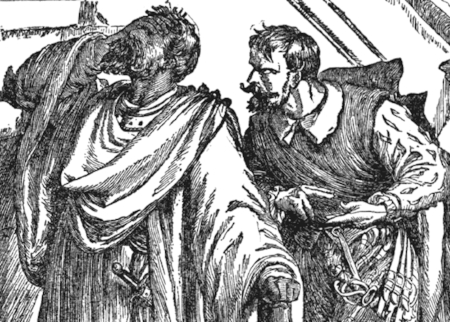
3. William Shakespeare, Othello (c. 1603)
What is it like to feel like an “outsider” — even within an organization that you have helped to achieve great success? What role do stories play in understanding a corporate culture? There is an unexpected guide to these questions in Shakespeare’s legendary Othello. Early in the play, the Venetian senators who have hired Othello to wage their military campaigns interrogate him about his marriage to the young noblewoman, Desdemona. They accuse him of bewitching her, seducing her into loving him with a potion or charm. According to their racist logic, only in such a devious and unlawful way could the dark-skinned Moor win over the young, beautiful Desdemona. In a dazzling deconstruction of prejudice, Othello defends himself by describing how “the only witchcraft” he used was the stories he told Desdemona of his soldier’s life, which inspired her first to feel compassion for him, and then to love him. Shakespeare’s play reminds us that in order to understand anyone, we must first hear his or her particular story.
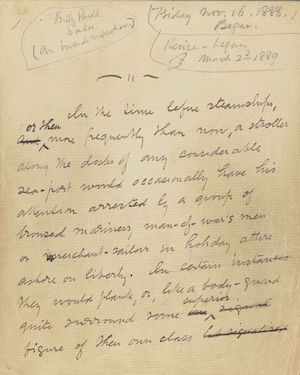
4. Herman Melville, Billy Budd, Sailor (written 1888, pub. 1924)
A handsome, innocent British sailor, Billy is beloved by crew and captain alike and considered the good luck charm of his ship. But disaster strikes when a jealous fellow crewman, Claggart, inexplicably singles Billy out for vengeance, and accuses him of mutiny to Captain Vere. Listening to the false charges, Billy is overcome with rage and lapses into the stutter that he has desperately sought to hide, before attacking Claggart with a fatal blow. Captain Vere witnesses the entire scene and faces a dreadful decision:
- Release Billy, whom he personally likes and believes to be innocent of Claggart’s accusations; or
- Follow the legal code and have Billy executed for committing murder, however justified his angry response might have been.
Will the “CEO” (Captain Vere) follow his heart, and show mercy to a person (Billy) driven into a violent act by a cruel antagonist (Claggart)? Or will he subordinate his spirit to the letter of the law, have Billy hanged, and thereby quell any mutinous stirrings that may result from an unpunished crime? You will have to read the book to find out—and, as you do, you will be immersed in the pages of one of the most compelling thought experiments on the complexities of leadership.
Four books, four classics for the leader today. It may seem remarkable, even counterintuitive, that each of these books was written centuries ago. But, like the best companies, the best books remain essential for the long haul. No wonder Harry Truman once said, “Not all readers are leaders, but all leaders are readers.”
Joseph Luzzi (Ph.D., Yale) is Professor of Comparative Literature at Bard College and the founder of DeepRead, a program dedicated to educating leaders through literature and the humanities. His books include “My Two Italies,” a New York Times Book Review Editors’ Choice, and “In a Dark Wood: What Dante Taught Me About Grief, Healing, and the Mysteries of Love,” which has been translated into Italian, German, and Korean. Dr. Luzzi speaks and consults regularly for businesses, corporations, and conferences.
Please go to nslexperience.com and follow @nslexperience to learn more and come along on the learning journey with us.

